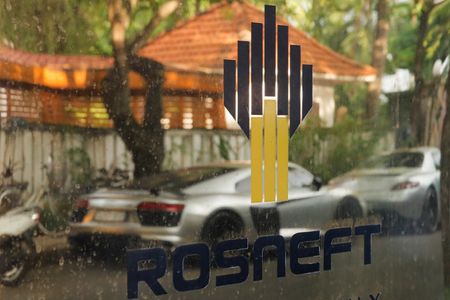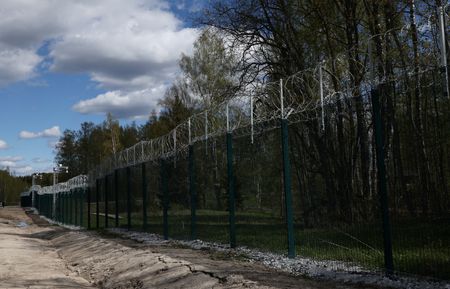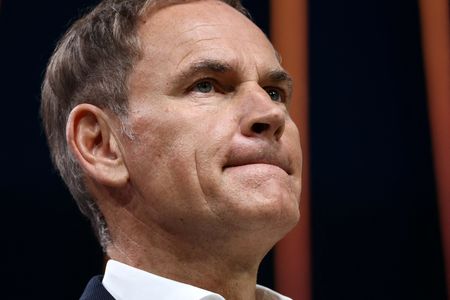MOSCOW (Reuters) -Russia’s largest oil producer Rosneft has acquired Tomtor, the country’s largest rare earth metal deposit, a companies registry showed on Wednesday, after President Vladimir Putin’s call last year for development of the field to be accelerated.
Tomtor, located in the north of the Siberian region of Yakutia, is a key project in Russia’s plans to boost output of the metals that are used in the defence industry and in making mobile phones and electric cars, to reduce reliance on imports from China.
According to an official state registry of Russian companies, Rosneft, headed by Igor Sechin, a long-standing ally of Putin, secured complete control over the project’s operator, Vostok Engineering, on May 20.
Rosneft did not immediately reply to a request to comment.
In November, Putin accused the operator of Tomtor of delaying the deposit’s development, suggesting it should either raise investment or seek help from third parties, including the state.
Before the Ukraine conflict, Russia planned to invest $1.5 billion in rare earth minerals, striving to become the biggest producer after China by 2030.
Other countries, including the United States, are also trying to curb their reliance on China, which controls 95% of the global production and supply of rare earth metals.
Russia has the world’s fifth-largest reserves of rare earth metals, according to U.S. Geological Survey data, after China, Brazil, India, and Australia.
USGS estimates Russia’s reserves at 3.8 million metric tons. The country aims to become one of the top five rare earth metals producers with up to a 12% share of the global market by 2030, according to its sector development strategy.
Businessman Alexander Nesis, a former shareholder in Polymetal, a major producer of gold and silver, used to own a 75% stake in a firm called ThreeArc Mining, the operator of the project, through his IST group of companies.
Polymetal used to own a 9.1% stake in ThreeArc Mining.
Following the ownership change after the start of Russian military action in Ukraine, and subsequent Western sanctions on Russian businesses, the operator of the project ended up under the control of IST’s former manager Vladislav Resin, before Rosneft gained it.
(Reporting by Vladimir Soldatkin and Anastasia Lyrchikova; editing by Guy Faulconbridge, Kirsten Donovan)










